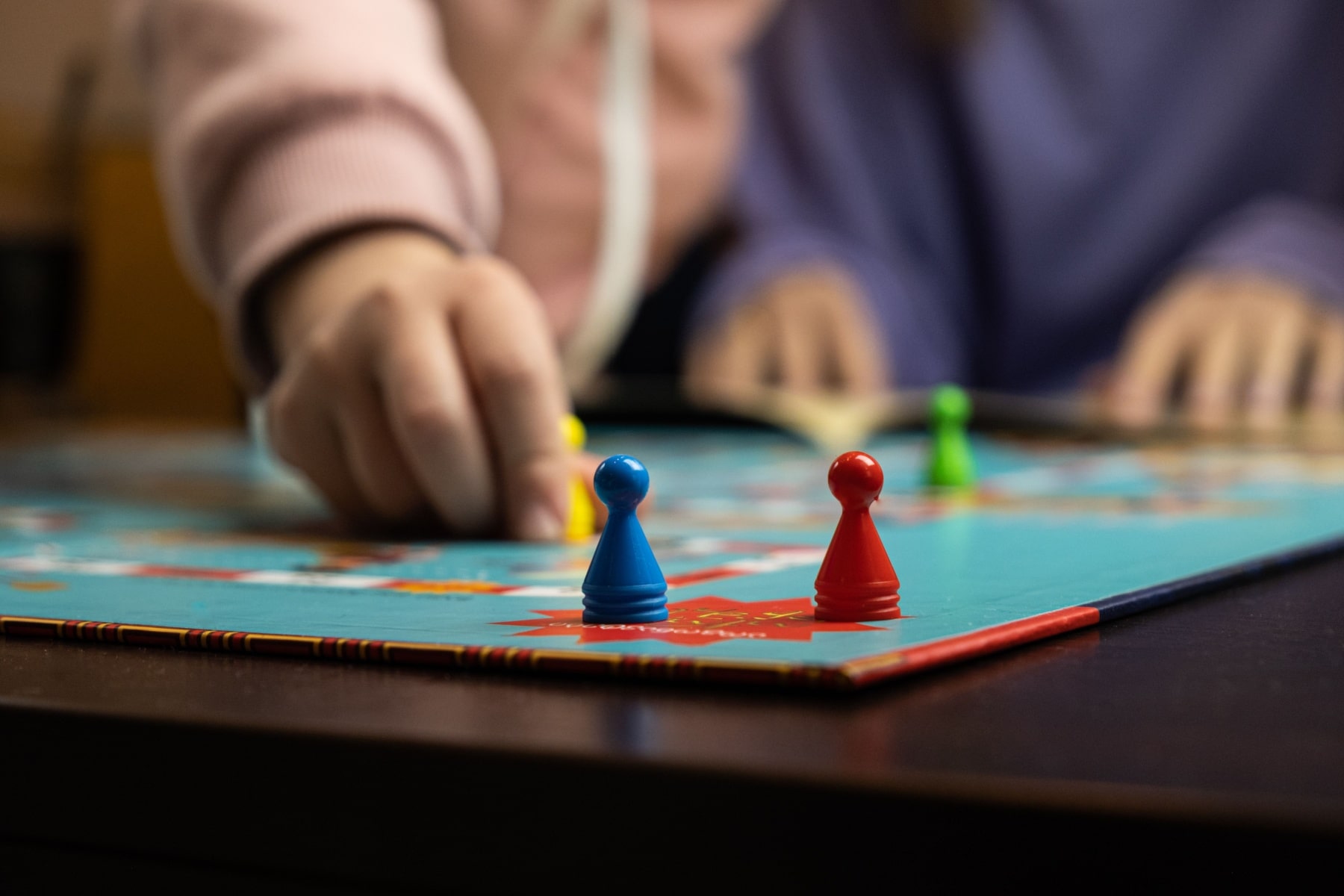One of the most beautiful things to watch is a child’s curiosity; their complete fascination and delight in something. And how wonderful it is to then see them continue their investigation, to ask questions, to wonder and ponder and enjoy learning.
Every child is born with a natural desire to learn, a flame of curiosity that we can fuel and help to grow, or can, all too quickly, be extinguished. Many curriculums are so standardised and structured, treating every person the same, ignoring their individual interests, that it gives no space for curiosity and can stifle the flame.
I am passionate about Passion-Driven Education and believe part of my role as a parent is to help my children discover and pursue their interests. We have this as the basis for our children’s education because firstly we want them to have fun and to enjoy their childhood and learning, and secondly because it supports their personal growth and instils a lifelong love of learning which leads to a more fulfilling and successful life.
Here are some ways to help your children pursue their interests and thrive in a passion-driven educational environment.
1. Identify Their Interests
The first step is to identify your child’s interests. There may well be some things that it’s extremely obvious that they love.
For example, from a young age my eldest would start drawing almost the moment she got up, and we’d have to prise her away from it to go to bed. Others may be more subtle.
We noticed my youngest was drawn to pianos, which was the start of wondering if she’d like to learn how to play. Pay attention to the activities they enjoy and the subjects they are naturally drawn to.
Observe their hobbies, the types of books they read, and the topics they talk about most often. Then delve a bit deeper, chat with them about the things they’re interested in, find out what it is about that activity they enjoy.
This will show them that you care about what they are interested in, and helps you understand better how to support them.
The word ‘Why’ can feel negative to some people as it’s often used to ask why someone has done something the asker doesn’t like, so rather than, “Why do you like that?” you could ask, “What is it about …….. that you enjoy?”
Remember, that their interests will evolve and change as they grow so this is an ongoing discovery.
2. Provide Opportunities for Exploration
Once you have identified your child’s interests, provide them with opportunities to explore these areas further. Give them access to resources such as books, online courses, and tools that can help them delve deeper into their interests.
For example, if your child is interested in plants, can you find books and courses that share details on plants that grow in your area, what animals love them, if they’re edible to humans and if they can be used medicinally, or the structure of them and the beauty of how they’re designed.
Enrol them in classes, workshops, or clubs that align with their passions. Give them the opportunity to participate in related activities, such as science fairs, art exhibitions, or sports competitions if they wish to.
It is also great to provide opportunities to explore new things because you never know what will spark their interest if they get an introduction to it.
The Family Enrichment Hub has lots of workshops and courses that can expand on current interests and spark new curiosity.
3. Encourage Curiosity and Creativity
Curiosity and creativity are so important for passion-driven education. Encourage your child to ask questions, seek answers, and think critically about the world around them.
Provide a supportive environment where they feel safe to express their ideas and try new things. Foster creativity by offering materials and opportunities for imaginative play, art projects, and creative writing.
4. Support Autonomy and Self-Directed Learning
Allowing children to take charge of their own learning is crucial for fostering passion- driven education and is a beautiful journey to take. It takes trust and a letting go of control which is not always easy, but it is worth it.
Support their autonomy by giving them the freedom to choose what they want to learn and how they want to learn it. You can discuss their decisions and consider setting goals together, then you can provide guidance where needed, without being controlling.
This helps children develop a sense of ownership and responsibility for their education which helps with their continued love of learning as comes from their desires not someone else’s requirements.
5. Connect Learning to Real-Life Experiences
Connecting learning to real-life experiences can make education more meaningful and engaging for children.
For example, my daughter is learning Spanish, and this year we went to Costa Rica and she was suddenly in real life situations of speaking Spanish with people. She proudly told us about how she spoke Spanish with a new friend.
I noticed that this really spurred on her Spanish learning as she had experienced using it with native speakers. (We have an upcoming course called “Exploring Our World: Costa Rica”, if you’d like to know when it’s released please join our newsletter.)
Show your child how their interests can be applied in everyday life and careers. Arrange trips, internships, or volunteer opportunities related to their passions. Consider introducing them to professionals in their areas of interest who can share their experiences and provide mentorship.
6. Celebrate Effort and Achievement
Recognise and celebrate your child’s efforts and achievements, both big and small. It can be easy to celebrate a success, but it is so important to also recognise and celebrate their hard work and dedication, so that it’s not just about getting a certain grade or winning something, it’s about their growth journey and the importance of their attitude, and this will also help foster resilience.
Saying things like, “Wow, you’ve put so much effort into that, are you proud of how you’re getting on?” encourages a growth mindset by emphasising the value of effort. You can say how proud you are of them, I also like to help them remember that it’s more important that they are proud of themselves.
Your positive reinforcement, and helping them recognise their progress, can boost their confidence and motivate them to continue pursuing their interests.
7. Be a Role Model
Children learn by observing the adults around them so being a great role model has a big impact. You can be a great role model by pursuing your own passions and demonstrating a love of learning.
If you’re not already doing this, is there something you’d love to try? If you are already, or once you do, share your interests and hobbies with your child and involve them in your activities, or tell them about what you’re doing.
Show enthusiasm and curiosity in your own learning journey, and your child is likely to mirror these attitudes.
By following the suggestions above you can help your child pursue their passions and develop a lifelong love of learning. In doing so, you empower them to lead a fun, fulfilling and successful life, driven by their passions and interests. If it feels very different to how you currently support their learning and you wish to incorporate a more passion-driven approach, then take it step by step and enjoy the journey of discovering what lights them up and how you can support them, and watch them flourish even more.



